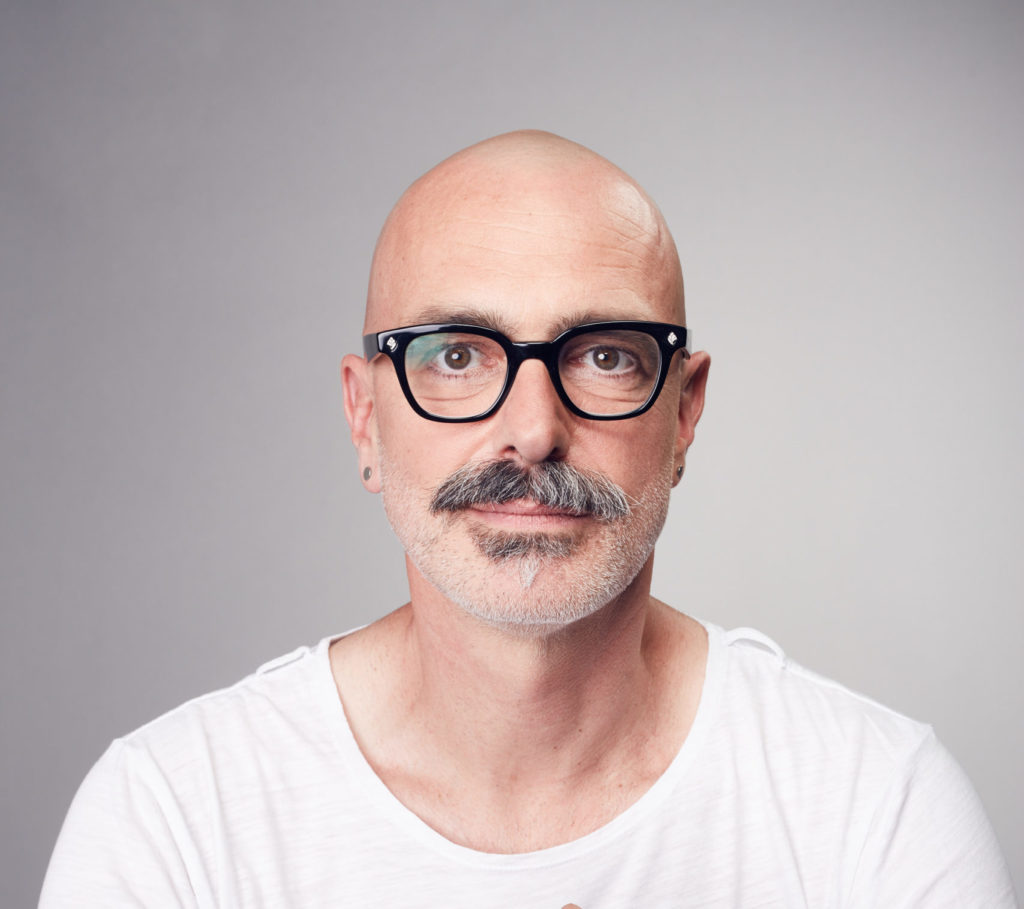
Our board member Albert Kehrer talked with Tagesgespräch host Christine Krueger about the question “Why is Coming Out still difficult”. The conversation can now be listened to online.
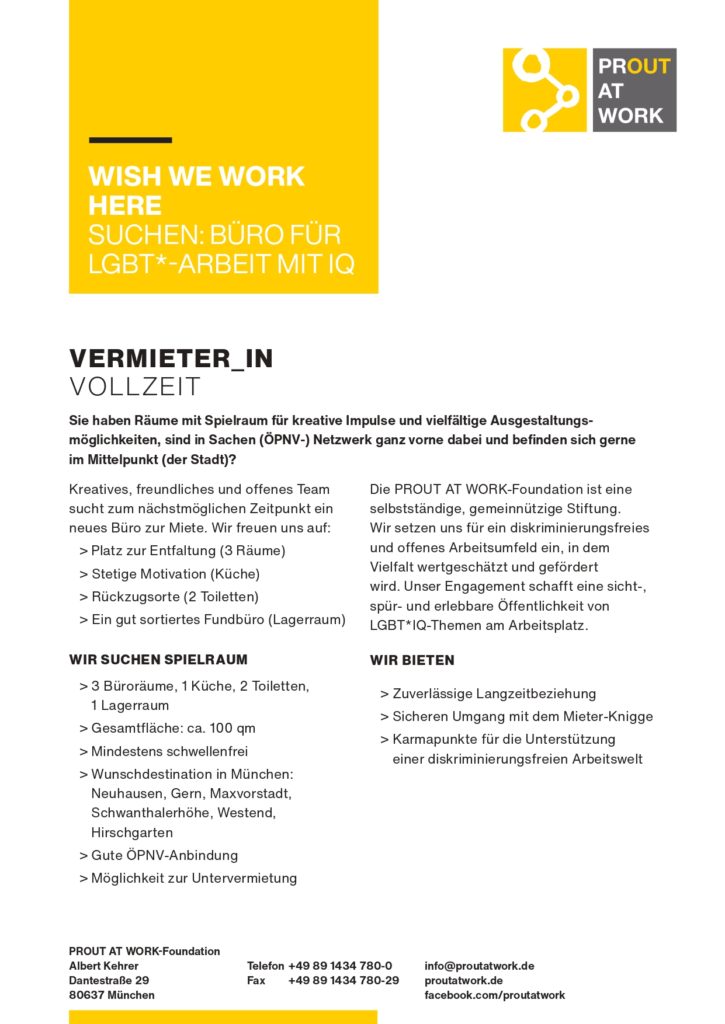

INTERVIEW WITH DR. JEAN-LUC VEY ON THE START OF NOMINATIONS FOR THE PROUT PERFORMER-LISTS
“LISTS LIKE PROUT PERFORMER SHOW THAT IT IS POSSIBLE TO TALK OPENLY ABOUT your SEXUAL orientation AND GENDER IDENTITY AND BE SUCCESSFUL IN YOUR CAREER AT THE SAME TIME.”
Hello Jean-Luc. Thank you for your time and for giving us the opportunity to do this interview. PROUT AT WORK is publishing the new PROUT PERFORMER lists for the first time this year. How does it come about?
Jean-Luc Vey: First of all, I would like to thank everyone involved in GERMANY’S TOP 100 OUT EXECUTVES for making the list as successful as it has been over the last three years. Those are mainly the role models who made it onto one of the lists, but also every single nominee. I would also like to thank those who nominated their colleagues and people they know. Above all, I would like to especially thank the jury and our cooperation partners.
They have all contributed a great deal to the visibility of the LGBT*IQ community in Germany. The lists have shown that it is possible to be open about one’s sexual orientation or gender identity in everyday working life without experiencing negative career consequences. With their commitment to equal rights and equal opportunities for LGBT*IQ people at work, those who made it onto the list serve as role models for the entire LGBT*IQ community and beyond.
PROUT AT WORK terminated the collaboration with our partner at the end of the year. However, the visibility of LGBT*IQ at work is still very close to our hearts. Therefore, we have decided to continue the lists with a new name, to further develop them and to publish them on our own in 2021. Being out in the workplace should be the rule and not the exception. We will continue to work for this in the future with our various projects.
Why are these lists so important?
Jean-Luc Vey: As already mentioned, this is mainly about visibility. Studies continue to show that many LGBT*IQ students go back into the closet once they start their professional lives, out of fear that coming out will have a negative impact on their careers. Lists like PROUT PERFORMER show that it is possible to be open about your sexual orientation and gender identity and be successful in your career at the same time. This helps others to have the confidence to come out as well. And this in turn has been proven to have positive effects on mental health and productivity at work.
What is the difference between the new PROUT PERFORMER-lists and the former TOP 100 OUT EXECUTIVE lists?
Jean-Luc Vey: In order to make the PROUT PERFORMER-lists even more attractive, we first carried out a survey among old candidates to find out where they felt there was still room for improvement. We took this feedback to heart in the following redesign and incorporated it into the structure of the new lists. Therefore, we now have more distinct categories in the PROUT PERFORMERS-lists and for example have created a separate list for SMEs. In addition, Executive Allies are now also being recognised on a special list. Another new aspect is that we only rank the top places on the list, as we do not want to create competition between the individual candidates.
But why rank the top places anyway?
Jean-Luc Vey: This is because there are still some people who have done particularly outstanding work for LGBT*IQ equality at the workplace over the past year – with important initiatives, new projects or other activities. We would like to give them special attention by highlighting them at the top of the list.
What part does the PROUT PERFORMER jury play in this?
Jean-Luc Vey: We spoke with the jury ahead of redesigning the lists, too. We are very proud to have won such top-class people for the project again. But we are also aware that due to their important roles in their companies, they often do not have the time to evaluate each candidate individually – this was also expressed in their direct feedback.
Therefore, the first evaluation will be carried out by the PROUT AT WORK-Foundation, which will use the information and criteria submitted to determine who will earn a spot on the list and who, because of their exceptional achievements, will have a chance to reach one of the highest-ranking positions. These people are then asked to introduce themselves to the jury through a short video clip, and the jury then determines the top positions. This way we were able to secure the prominent jury members and still ensure an attractive evaluation process for the nominees.
How can people nominate their role models for the PROUT PERFORMER-lists?
Jean-Luc Vey: Nominations are now accepted through our website. It can be found at proutperformer.de. We are looking forward to all nominations and to creating more visibility for LGBT*IQ at the workplace together with our community.
Thank you for this interview, Jean-Luc!
A talk with… Markus Bader
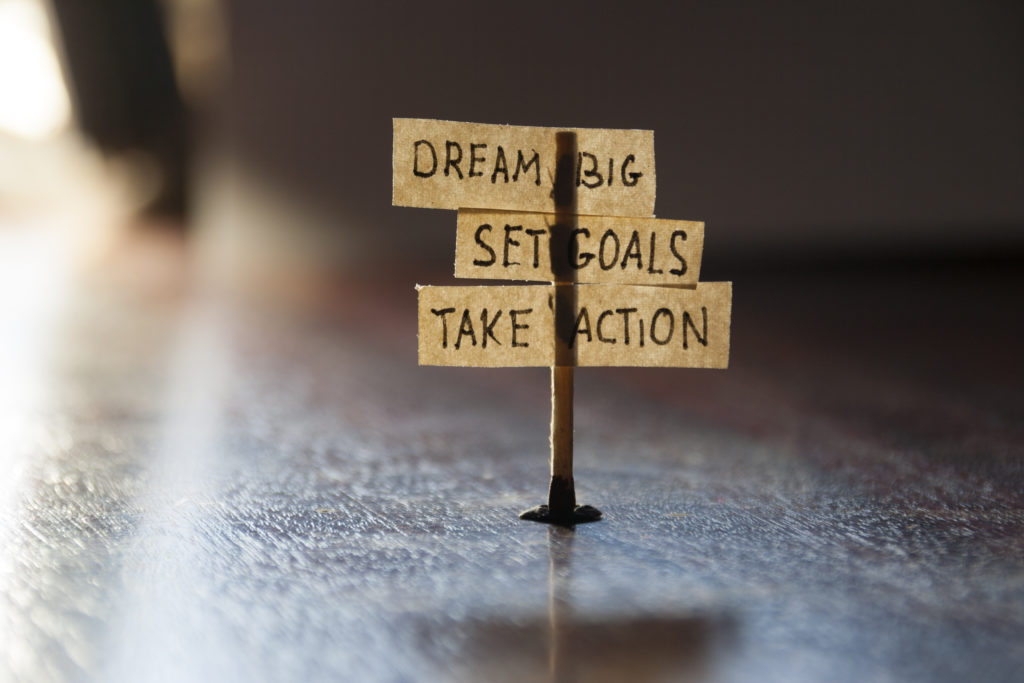
Who is your LGBT*IQ Role Model? Nominations via our new website are open now! Find out more additional info about our new project.
Once a month our board member Albert Kehrer invites an inspiring role model of the LGBT*IQ community or an LGBT*IQ Ally for a chat. You can look forward to an interesting exchange about role models and visibility in the LGBT*IQ community.
Guest of the day
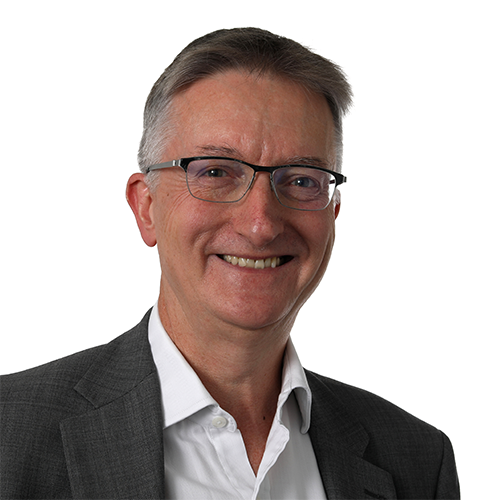
Nick Mott
Senior Adviser at Dentons; Chair Dentons Global LGBT+ network
100 OUTstanding LGBT+ Executives Role Model Lists 2018 and 2019
Nick has been at global law firm Dentons for many years, most recently as Assistant General Counsel (Partner). Between 2014 to 2019 he was also Diversity and Inclusion Partner in the UK during which he significantly raised the visibility and importance of Inclusion and Diversity within the Firm. He co-founded Dentons UK LGBT, Black Professionals and Asian Professionals (Fusion) networks, and was an early promoter of the concept of intersectionality . He also set up, and continues to chair, Dentons Global LGBT+ network which connects Dentons LGBT+ staff and their allies across its many regions, and raises awareness in a variety of ways, including an annual Dentons Global Pride Day. A passionate supporter of trans* colleagues, Nick instituted Dentons’ UK transitioning policies and related training, and has promoted greater staff awareness of trans* issues. During Nick’s tenure as D&I partner, Dentons UK was listed as a Stonewall Top 100 Employer for 4 years running. Dentons is also recognised as a Stonewall Top Global Employer 2020.
Externally Nick supports a number of LGBT+ charities including Diversity Role Models (which supports schools and pupils with LGBT+ awareness and bullying prevention) and is a volunteer with Opening Doors London as part of their tele-friending service for older LGBT+ people.
Nick retired from the partnership in 2020 and is now a senior global adviser to Dentons, advising on LGBT+ issues and awareness. He was proud to be named in the 100 OUTstanding LGBT+ Executives Role Model in 2018 and 2019.
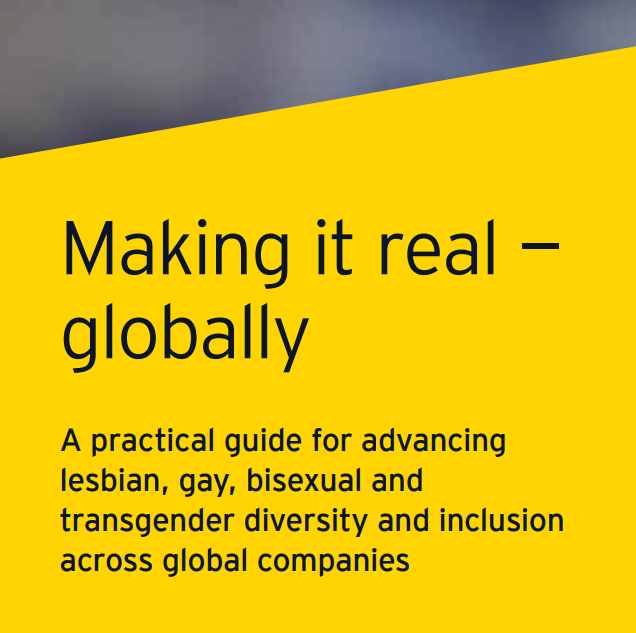
Recommended reading: PROUT EYMPLOYER EY published an update to the ‘Making it real’ guide first published in 2016 – including an overview of the drivers of diversity & inclusion engagement in global companies, and recommended actions for practical LGBT*IQ equal opportunities in the workplace.
As part of this publication, EY also published a paper on the situation of the LGBT*IQ community in the context of COVID-19, addressing how the events of 2020 will impact diversity & inclusion concepts and plans.
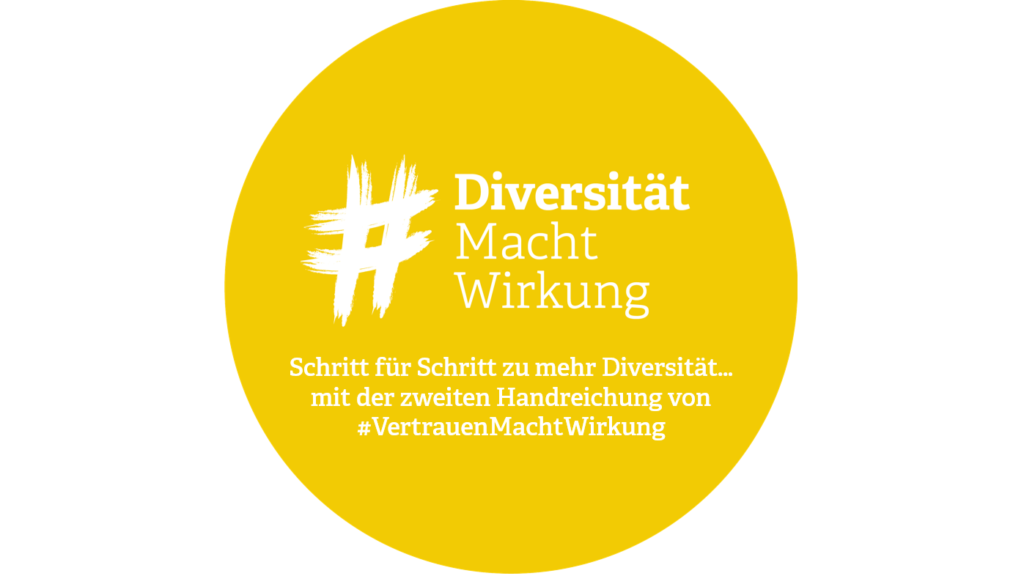
Diversity-conscious work is a cross-sectional sociopolitical task and should be a matter of course – also in foundations. The handout “DiversitätMachtWirkung – Schritt für mehr Diversität” shows how this can be achieved, with insights into various foundations, practical advice and reading tips. Also: tips for discrimination-free recruiting from our board member Albert Kehrer!
The Diversity Handout is available for download now.
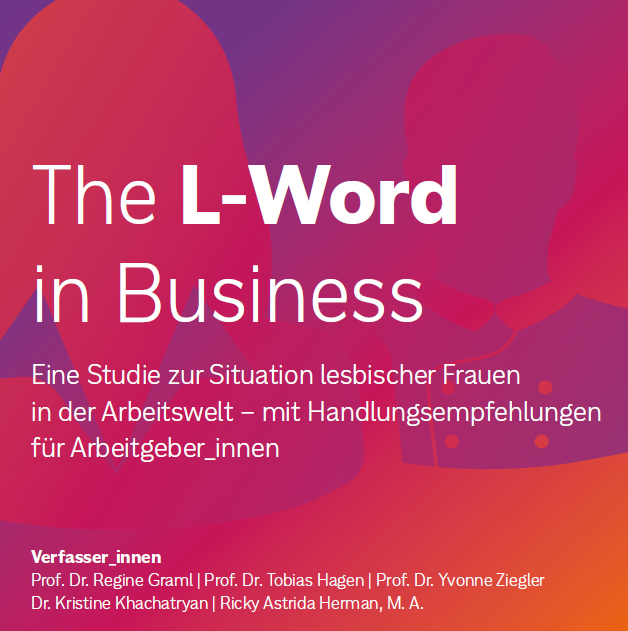
The Frankfurt University of Applied Sciences recently published a study on the situation of lesbian women in the workplace under the direction of Professor Dr. Regine Graml and with the collaboration of Prof. Dr. Tobias Hagen and Prof. Dr. Yvonne Ziegler. It discusses the intersection of homophobia and sexism and sheds light on the situation of working lesbian women in Germany in the application process and in working life.
The results of the study as well as recommendations for action for companies to eliminate discrimination were compiled in the brochure published by the Frankfurt University of Applied Sciences, the Bundesstiftung Magnus Hirschfeld, Wirtschaftsweiber e.V. and the PROUT AT WORK-Foundation.
You can now download thee study as a PDF and also order a printed copy. Both versions are only available in German.
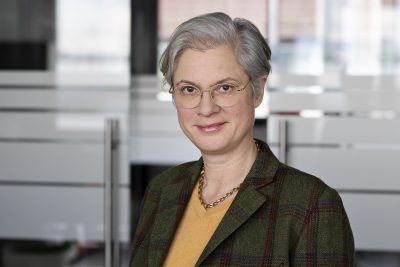
A talk with… Eva Kreienkamp
“In democracies in particular, they just need the courage to come out at work – which I recommend.”
In 2019 you have been in the 1. place and 2018 in the 2. place of the TOP 100 OUT EXECUTIVES, Now you are part of the jury, you have founded some LGBT*IQ-networks yourself. When did you realise, that you are a role model?
Eva Kreienkamp: I rather see myself as a person who can give others guidance now and then, be it professionally or personally. With that I contribute to the society as well – the more LGBT*IQ people are out, the better for the inclusiveness of a society.
What do LGBT*IQ people need to feel safe enough to feel safe enough to be out at work?
Eva Kreienkamp: In democracies in particular, they just need the courage to come out at work – which I recommend. Then we find out how welcome we are. And if not, it takes courage to leave and to not stay in a personally destructive work situation. And then again, it’s our obligation to support LGBT*IQ people elsewhere.
How does our working world achieve more visibility of lesbians in the professional context?
Eva Kreienkamp: Out lesbians achieve visibility, the workplace is just an environment. Other environments are political organizations, associations or sports clubs in which visibility is also necessary. Based on that it’s also going to work out in the professional context.
Speaker
Speeches
Acceptance not tolerance
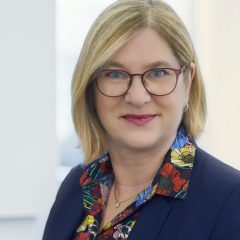
Dr. Sabine Nikolaus,
Country Managing Director Germany,
Boehringer Ingelheim
“We at Boehringer Ingelheim support a culture of inclusion, diversity and appreciation, where people’s differences are valued and respected. We want our people to feel comfortable, so that they can unfold their full innovative power.”
Let’s talk about intersectionality, baby – A personal report
“There is no such thing as single-issue struggle, because we do not live single-issue lives”, says Audres Lorde and is absolutely right. The lines of life are different and varied and no dimension of diversity stands on its own. What does multiple discrimination mean in everyday life and why can privileges and oppression not be offset? A report from a quota refugee.
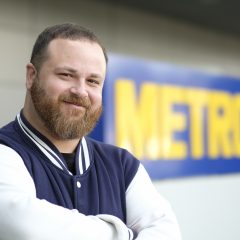
Nikita Baranov,
Executive Assistant to CHRO,
METRO AG
“For me, intersectionality is a description of the reality I live in, a concept that has never been a concept in my life. But it clearly shows me, that forms of discrimination never stand on their own and if we do not see them, we can not solve them.”
for more togetherness during covid-19
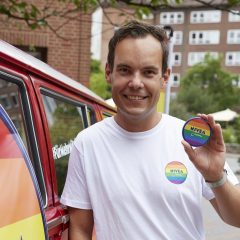
Piotr Specht,
Global Junior Brand Manager,
Beiersdorf AG
“We want to be there for everyone, anytime – especially during this challenging time. This is true externally with our brand NIVEA and also true internally with our network Be You. During Covid-19 being there for everyone has become more difficult, this is why we implemented an online and offline pride week #PRIDEINSIDE in order to show We are here for you, no matter who you are and who you love.”
The DIVA Survey: LGBTQI Women’s Insight 2020
As part of the first ever Lesbian Visibility Week, DIVA Media Group teamed up with Kantar to bring you The DIVA Survey: LGBTQI Women’s Insight 2020. The results of this brand new piece of research capture the diversity of our community, highlight the unique challenges we face as women-loving women and shine a light on an often under-researched group.
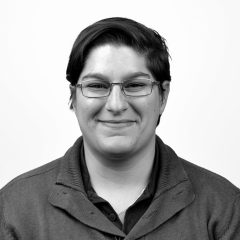
Sophia Papadopoulos,
Business Analyst and Global Head,
Pride@Kantar
“There were many really interesting findings within the research: Firstly, the disparity of visibility in the LGBTQI community. Secondly, the differences across age in terms of the language we use and the age at which people come out and thirdly, the experiences of LGBTQI parents and their children.”
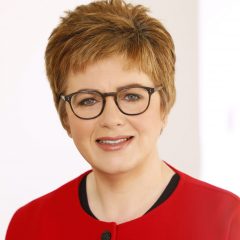
Margot Slattery,
Global Chief Diversity & Inclusion Officer,
Sodexo Group
“The different diversity dimensions of Diversity and Inclusion at Sodexo mean so much to all of us at the company, they represent our heart and the people who are the core of our organisation and all of our different traits, background and abilities. They help us to understand who we are and what we need to do ongoing to be sure people feel they are included and belong.”
Panel: Intersectionality
Moderation: Yara HOffmann
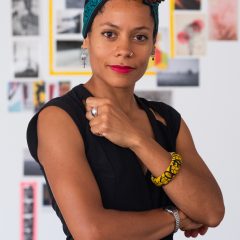
Emilia Roig,
Founder & Executive Director
of the Center for Intersectional Justice (CIJ)
“Intersectionality is not an option, it is the only solution to overcome oppression and eradicate social inequality. Intersectionality is easy to implement: it means fighting discrimination within discrimination, making inequalities within inequalities visible, and empowering minorities within minorities”.
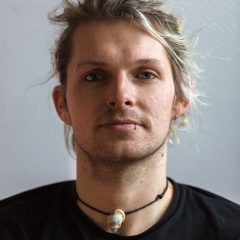
Blu Doppe,
Education consultant, anti-discrimination and diversity trainer and trainer for the theatre of the oppressed
“To incorporate intersectional and queer_feminist perspectives into my work means for me: I am always learning new things and I am constantly changing and questioning my perspectives.”
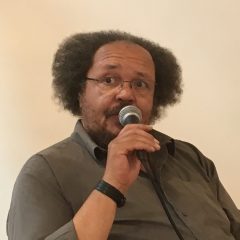
Tsepo Bollwinkel,
Trainer and Activist
“I fight for the perception and centering of human rights, needs and demands of people pushed to the fringes by our society. In my professional, I focus on, racism, sexism, classicism, heteronormativity, bisexuality and north/south hierarchies in inequality and injustice Marginalized. The intersectional view of the entanglement of inequalities both in biographies and in social structures is particularly important to me.”
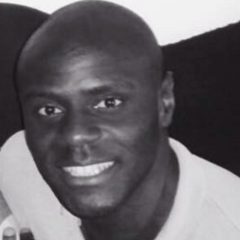
Louis Tongbong-Thomson,
Senior Associate Diversity & Inclusion,
PwC Deutschland GmbH WPG
“With D&I, it ultimately depends on inclusion – acceptance and the respectful and successful coexistence of the various components of a given group of people or organization. Reaching this goal is not a sure-fire success, so people should deal with the peculiarities of these different groups of people, get to know them, understand and act accordingly. Otherwise there is a risk of splitting what should unite us, which would endanger us in the long term.”
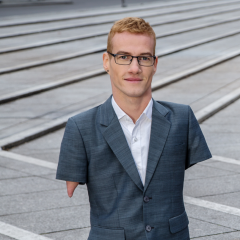
Janis McDavid
“I want to live in a world, in which features that distinguish us do not lead to discrimination. In other words, in which it does not matter how we look, where we come from and what prerequisites we have. Here, I see the concepts of intersectionality and personal responsibility as central to standing up for this vision.”
Panel: inclusive language
Moderation: Yara HOffmann
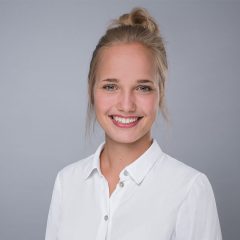
Emily Scholle,
Diversity & Inclusion Program Managerin,
IBM
“Together with a project group of dedicated volunteers I worked on a guide for inclusive language. In this way, we are covering many perspectives and involving the employees to whom we are giving these recommendations from the very beginning. The current focus of the guide is on the topic of gender-sensitive language, further aspects such as racism and disability will follow step by step.”
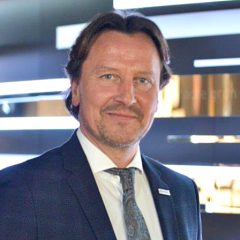
Olaf Guttzeit,
Head of CoE Life Balance & Disability,
Boehringer Ingelheim
“Language changes culture and culture affects language. In my case, the use of inclusive language has raised my awareness on how I communicate. I do make a more conscious effort in order to avoiding the exclusion by my communication. This also includes the topic of barrier free communication, for example for people with (dis)abilities.”
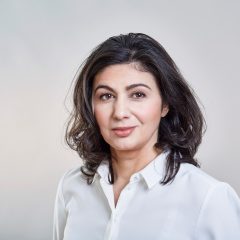
Hatice Akyün,
Journalist
“There is a turkish saying: “The tongue is sharper than a sword.” I am very aware of this, when I write my texts and columns. What effect do my words have on my counterpart? Am I at eye level? What is my intention? I ask myself these questions as a journalist.”

Linda Gondorf,
Head of Content OTTO Corporate Communication OTTOCOMS, Co-Founder & Co-Project Manager of the OTTO-Team “Gendergerechte Sprache”
“In society and in some companies we are on the right track to a fair language that includes everyone. At OTTO, we are pushing the issue of gender language forward, because for us it is not just a * or a fashionable. Gender-appropriate language includes everyone and doesn’t exclude anyone.”
Panel: queer representation in the media
Moderation: Tobias Reckmann
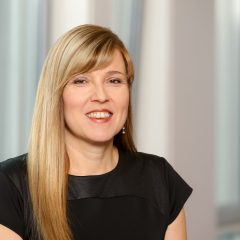
Christine Epler,
Head of HR-Strategy, Innovation & Diversity,
Deutsche Bahn AG
“For me, it is elementary to anchor diversity both top-down and bottom-up and to pursue a strategic and cultural approach. That is why diversity is also part of the approach of our HR director and is taken into account in all measures and decisions – eg. succession planning and talent management. It is also important to me, that our employees can actively contribute and receive support – this happens as part of DB’s internal diversity initiatives, but also through cooperation with external networks.”
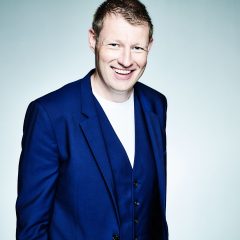
Matthias Wesselmann,
Vorstand,
fischerAppelt AG
“Stereotypes simplify marketing. Good, non-discriminatory marketing is much more demanding. You always have to work a little harder and think more intensively.”
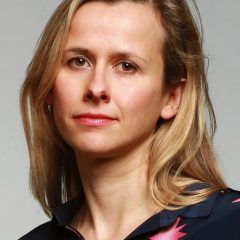
Felicia Mutterer,
Co-Founder & Managing Director,
Achtung! Broadcast GmbH
“Stereotypes are antagonists of diversity, but (unfortunately) human. We can all catch ourselves pigeonholing people according to our own rules – it’s just so beautifully simple. What helps: Reflection – break the stereotype – we have to rethink our own patterns.”
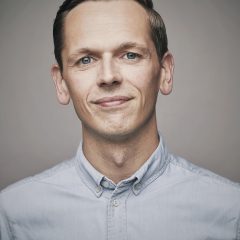
Ingo Bertram,
Pressesprecher & Co-Founder MORE*,
OTTO GmbH & Co KG
“Those who use clichés over the long term, contribute to the solidification of social prejudices. And yet we shouldn’t always take everything so seriously – and sometimes be able to laugh at ourselves. Stereotypes and diversity do not have to be mutually exclusive. It is more a question of dosage and packaging.”
Panel: breaking the glass ceiling
Moderatorin: Dr. Eva Voss

Eva Kreienkamp,
Vorstandsvorsitzende der Berliner Verkehrsbetriebe (BVG)
“Grundlage für mein Handeln ist den eigenen Weg zu finden, als Mathematikerin, CEO, Mobilitätsexpertin und Genderaktivistin. Und diesen Weg finde ich, weil ich Wegbegleiter*innen hatte und habe, die mich dabei ermutigen und unterstützen.”
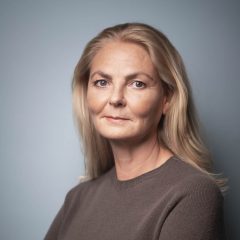
Ana-Christina Grohnert,
Vorstandsvorsitzende des Charta der Vielfalt e. V.
„Hinterfragt und brecht gesellschaftliche Rollenbilder und Denkmuster. Seid unbequem. Überzeugt Allies. Nur so können wir die gläserne Decke durchbrechen und Chancengleichheit erreichen.“

Angela Matthes,
CEO,
Baloise Life (Liechtenstein) AG
“To break the glass ceiling long-term and sustainably, we all need to work on our conscious and unconscious biases.”

Mena Mokammel,
Assistant Manager,
KPMG
“Bleib wie du bist! Wir Frauen müssen uns nicht verstellen oder besonders maskulin sein, um Erfolg zu haben. Wir können unsere Stärken zu unserem Vorteil nutzen und mit emphatischem Führungsstil Teams leiten und diese zu Glanzleistungen bringen.”
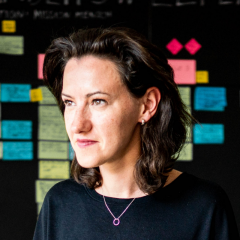
Claudia Feiner,
Project Manager Esports Community,
Porsche AG
“Sich für Diversity einzusetzen war schon immer People Business. Ich stelle immer wieder fest, dass es zuerst um Verbindung und den Menschen im eigentlichen Sinne geht und es erst die persönliche Ebene benötigt, bevor es um Arbeitsthemen gehen kann. Ich sehe wie Projekte in der Praxis ins Stocken geraten, weil dieser Punkt nicht genügend beachtet wird. Kluge Digitalisierung kann uns hlefen, für unsere Anliegen jeweils Verbündete zu finden, Netzwerke aufzubauen und zu pflegen. Uns verbindet mehr als uns trennt.”
talk: LGBT*IQ and racism
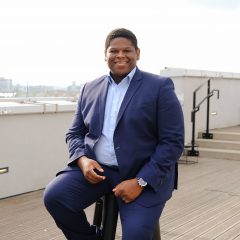
Lorenz Narku Laing,
CEO,
Vielfaltsprojekte
“It is perfectly clear that measures in the fight against discrimination always benefit those affected by different realities. The fight against heterosexism cannot be thought without also fighting against racism. Furthermore, it is important that both, in the racism-affected communities and in the LGBTQI * community consciously think about blind spots.”
Breakout Sessions
The power of collaboration
Employee networks play an important role in inclusion. While each network has its own specific goals and interests in mind, the networks can achieve even more impact in the company through further networking and selective cooperation, when it comes to diversity and inclusion. Interactively, we investigate the advantages of networking networks, how this networking can succeed and which best practices exist.
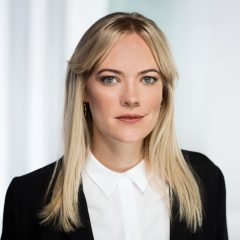
Patricia Heufers,
D&I Managerin,
EY
“All diversity dimensions have to be thought together, because only then we can achieve real inclusion. Through the cooperation of LGBT+ networks and women’s networks, the D&I agenda can be pushed forward together, for example.”
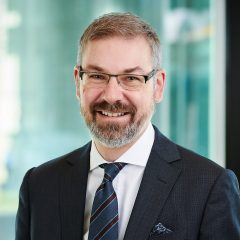
Bernd Krajnik,
Leader Strategic Initiatives,
EY Strategy and Transactions EMEIA
“Women as well as LGBTI need others to put their ambitions into action and to bring diversity & inclusion forward. It is perfectly obvious that we have to support each other as allies, also because a part of the LGBTI Community are women.”
the Dimensions of diversity and stereotypes in diversity communication
Communication on diversity, especially imagery, often solidifies stereotypes that we actually want to break down. The disabled person is shown in a wheelchair, people with an international background by people of color. There are also classic stereotypes for queer people. How can we communicate about diversity in a sensitive and inclusive manner without resorting to the visible (and often wrong) dimensions? How do you achieve good diversity communication that appeals to everyone?
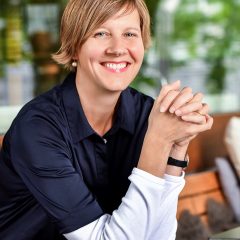
Antonia Wadé,
Diversity Management,
AUDI AG
“The diversity dimensions are both cure and necessity at the same time. We need them for a KPI-driven diversity management. At the same time, we must not make the mistake of reducing the desired “mindset diversity” to measurable and comprehensible dimensions. Because what the dimensions do not show is inclusion.”
Innovation is driven by Diversity – how can we drive Inclusion?
Diversity is the Mix. Inclusion is making the Mix work. But how can we create a culture of inclusion?
In our workshop, we would like to exchange best practises with the participants and generate new ideas. How can Diversity Networks/Employee Ressource Groups work together? How do we bring the dimensions together? How do we manage to see employees as individuals with all their facets? What can individuals contribute?

Denise Hottmann,
Head of Diversity & Inclusion Germany,
Boehringer Ingelheim
“Ultimately, it is important that we see and value our employees as individuals. In all their facets, not just in one. Therefore, we at Boehringer Ingelheim focus on a culture of inclusion that let people be themselves.”

